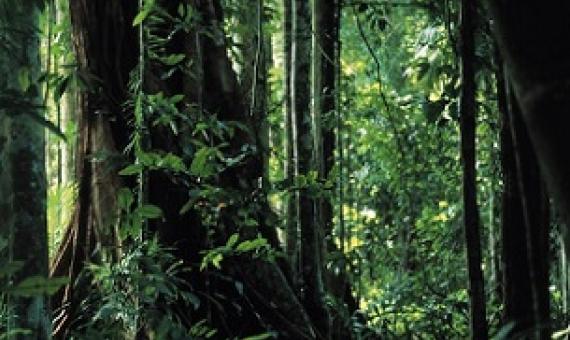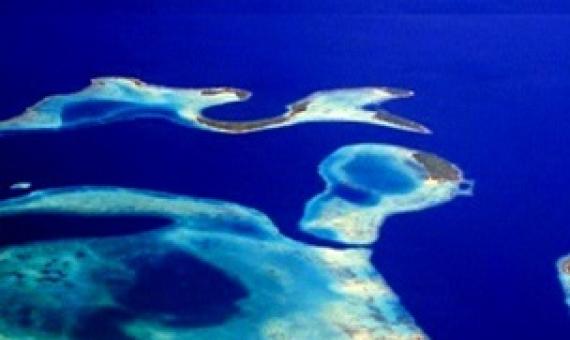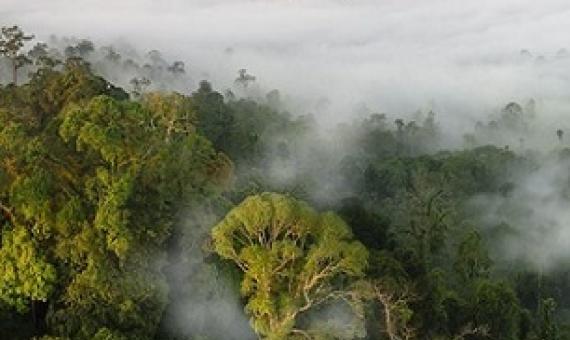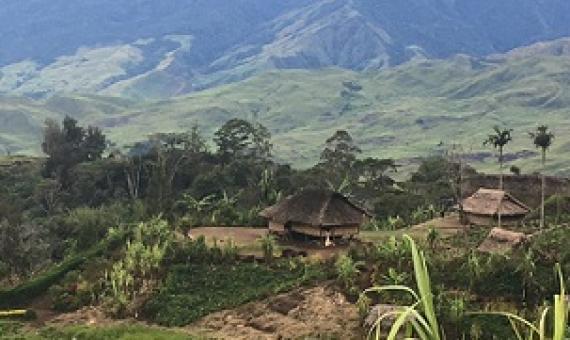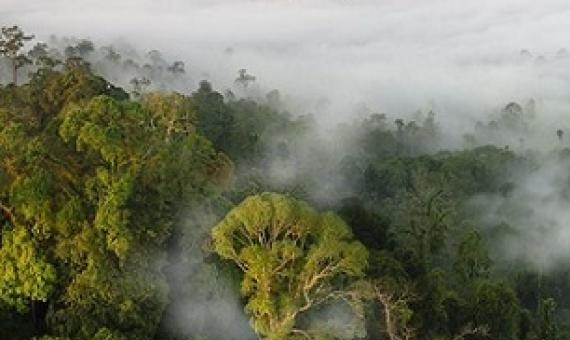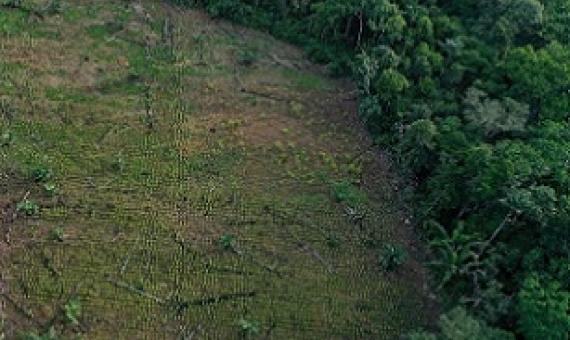Papua New Guinea Prime Minister James Marape has thanked the France government for giving over K400 million (US$1.5 million) for forest conservation in his country. “I want to appreciate France President HE I.
At COP28, Pacific Islands State Leaders launched a bold new Unlocking Blue Pacific Prosperity initiative to safeguard and revitalize the Blue Pacific Continent.
In good news for nature in a challenging moment, representatives of 185 countries agreed at the Global Environment Facility’s Seventh Assembly in Canada to launch an innovative new fund for biodiversity that will attract funding from governments, philanthropy, and the private sector.
In good news for nature in a challenging moment, representatives of 185 countries agreed at the Global Environment Facility’s Seventh Assembly in Canada to launch an innovative new fund for biodiversity that will attract funding from governments, philanthropy, and the private sector.
Who’s setting the agenda? Philanthropic donor influence in marine conservation
We are in a period of unprecedented growth in conservation philanthropy. How will this influx of private funding affect conservation agendas? Inspired by a collaborative research co-design process, this paper addresses questions about how foundations influence conservation agendas in the places they work. We draw from a case study of the world’s largest philanthropic funder of marine conservation, the David and Lucile Packard Foundation and their 20 years of investment in marine conservation in Palau and Fiji.
The Independent Papua New Guinea Biodiversity and Climate Fund has issued a second funding call for projects aiming to earn protected area status and help the megadiverse country reach its international biodiversity commitments.
When the Global Environment Facility was launched in 1991 to address the world’s most urgent environmental crises, 2 percent of its grants were allocated to forest conservation.
This week the UK government is holding a meeting to discuss generating more finance to conserve and restore nature.
Can humanity curb spending that harms the world's biodiversity and instead focus funding on protecting it? That question is at the heart of international negotiations in Geneva, which will set the stage for a crucial United Nations COP 15 biodiversity summit in China later this year.
A new study has found that costs of conservation projects are rarely reported, making it difficult for others to make decisions on the most cost-effective interventions at a time when funding for biodiversity conservation is severely limited.

